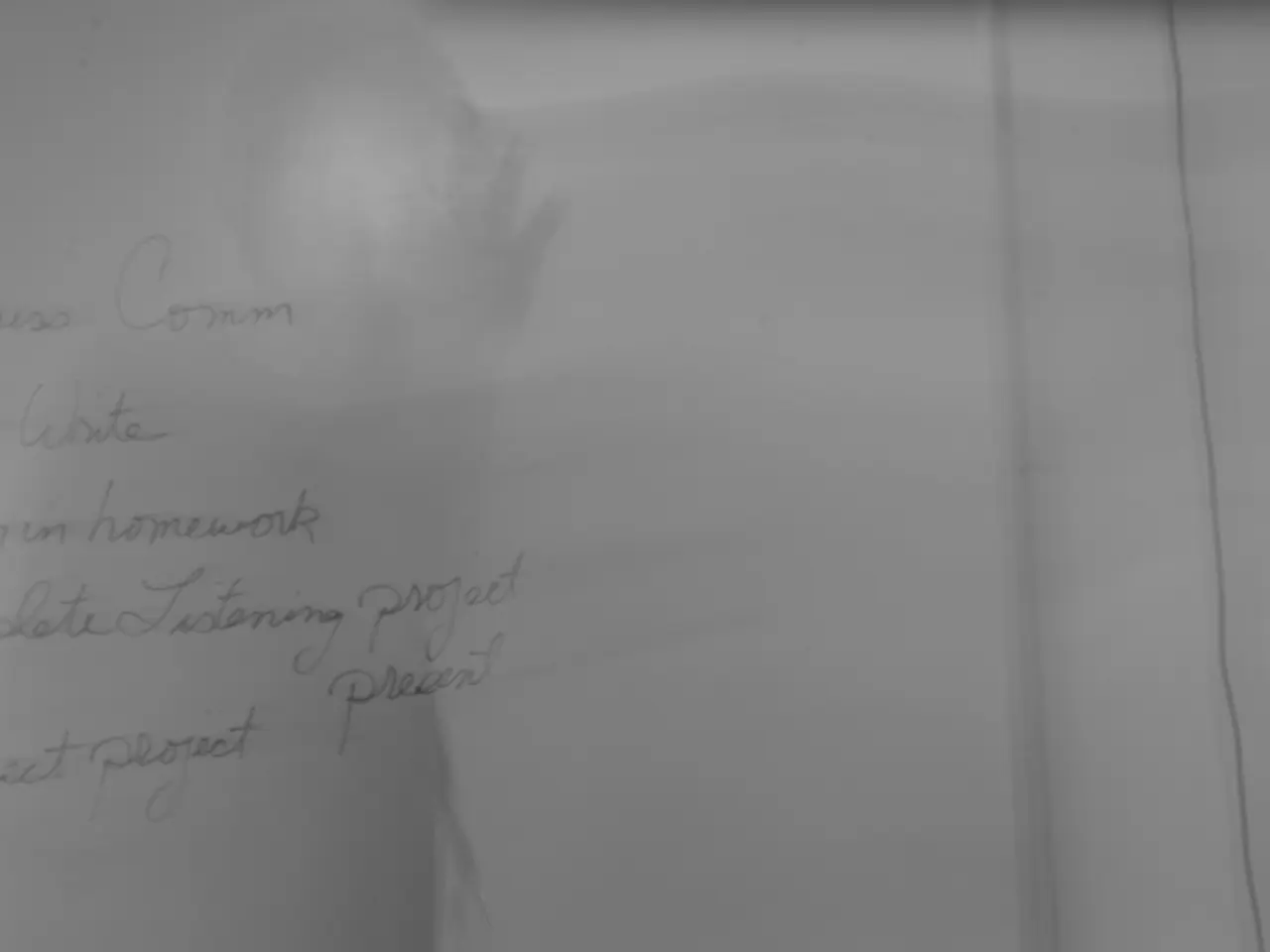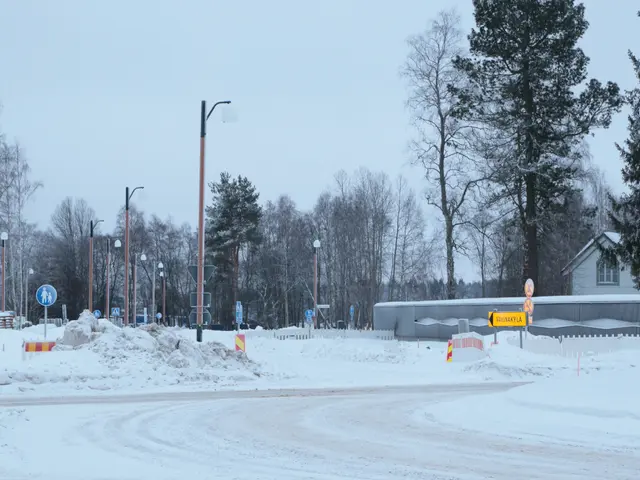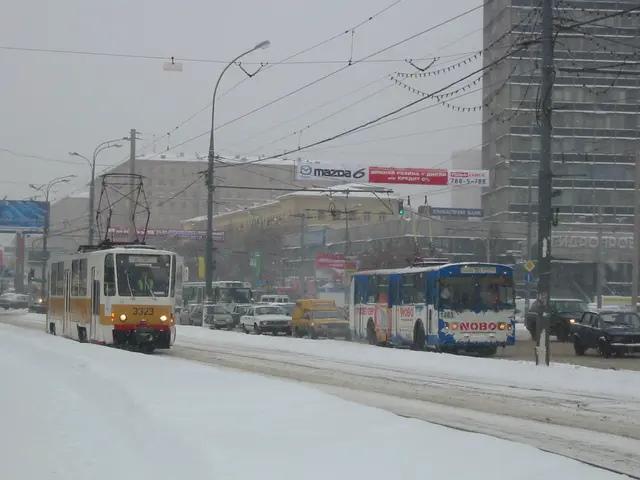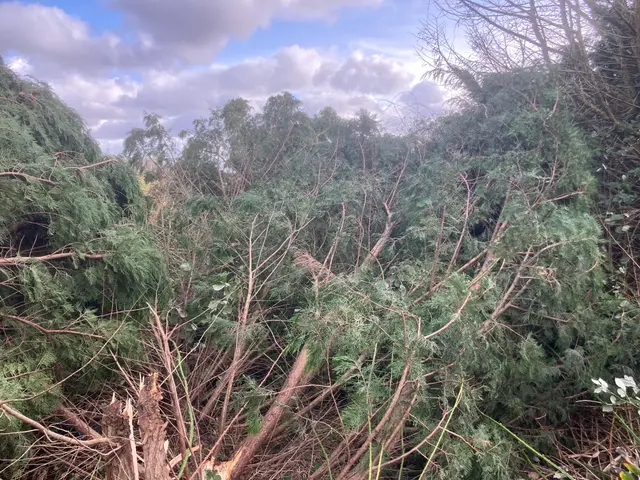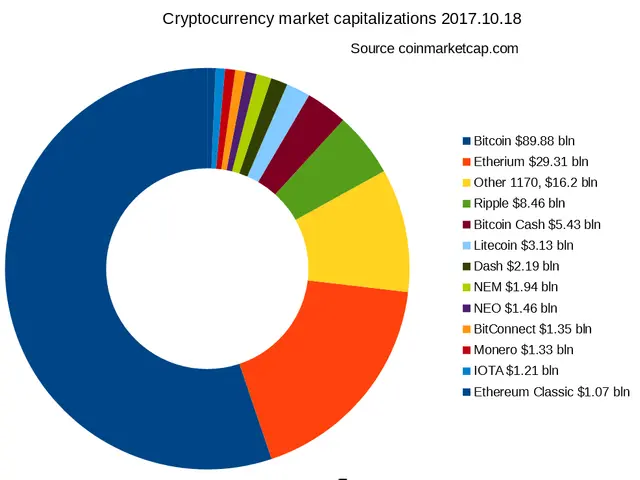Time is running out to reach a consensus on a global treaty aimed at tackling the crisis of plastic pollution
Global Efforts to Combat Plastic Pollution Stalled Amidst Disagreements
Negotiations for a legally binding global treaty to address plastic pollution have hit a roadblock, with countries divided over key issues such as limits on plastic production, definitions of waste, and bans on toxic chemicals [1][2][3].
The United Nations is currently hosting a meeting with 184 countries in Geneva to discuss and negotiate this landmark treaty. The treaty aims to address the entire lifecycle of plastics—from production and design to disposal—to stem the growing crisis of plastic pollution projected to cost trillions by 2060 [1].
However, the main points of contention between countries include limits on plastic production, the definition of when plastic becomes waste, and bans on toxic chemicals in plastics [2]. Some countries, including Saudi Arabia and India, oppose caps or production restrictions, while others like Colombia and Chile insist on such measures being included. Disputes linger on the precise moment plastics enter the waste stream, impacting regulation and responsibility. Negotiators are divided on banning harmful substances such as per- and polyfluoroalkyl substances (PFAS), with some states rejecting these restrictions [2][4].
This impasse reflects broader geopolitical and economic challenges, including resistance from some nations protective of plastic production industries and complexities in multilateral cooperation [3][4]. Despite the failure to conclude the treaty in this round, all countries remain committed officially to continue negotiations to achieve a global plastic pollution solution [3].
The European Union and other entities advocate for an ambitious treaty addressing the full plastic lifecycle, including phasing out certain hazardous plastics and ensuring environmentally sound waste management [5]. However, progress continues to be blocked largely over production caps and chemical restrictions.
Island micro-nations, which have little capacity to deal with plastic waste, are part of the negotiations. Palau, speaking for 39 small island developing states (SIDS), emphasizes the need for the treaty to address plastic garbage in the oceans. The negotiations have encountered a deadlock, with countries deeply divided over the purpose and scope of the treaty [6].
As of August 2025, negotiations for a legally binding global treaty to combat plastic pollution have stalled without reaching an agreement at the latest session (INC-5.2) held in Geneva, with talks adjourned to resume at a future date [1][2][3]. The draft treaty has expanded from 22 to 35 pages, with the number of brackets in the text increasing nearly five-fold to almost 1,500 [7]. Eirik Lindebjerg, global plastics adviser for the World Wide Fund for Nature, urges ambitious governments to come together as a majority to finalize the treaty text and prepare to agree it through a vote [8].
Microplastics have been found on the highest mountain peaks, in the deepest ocean trench, and scattered throughout almost every part of the human body [9]. The treaty is set to be settled by universal consensus, but observers suggest this could result in a meaningless treaty without binding global rules [10]. The negotiations are taking place in Geneva and have entered their fifth day [6].
References:
- UN News
- Reuters
- The Guardian
- CNN
- EU Observer
- BBC News
- The Hill
- Nature
- National Geographic
- The New York Times
Read also:
- Heavy rain causes flash floods in Hyderabad, resulting in severe waterlogging and disruptions to city life during a heavy downpour.
- Unpleasant nights plague city dwellers due to intense heatwave conditions
- Water shortage persists on Big Island
- Italy faces record-breaking heatwave, resulting in tragic loss of a child, while wildfires rampage across the region
